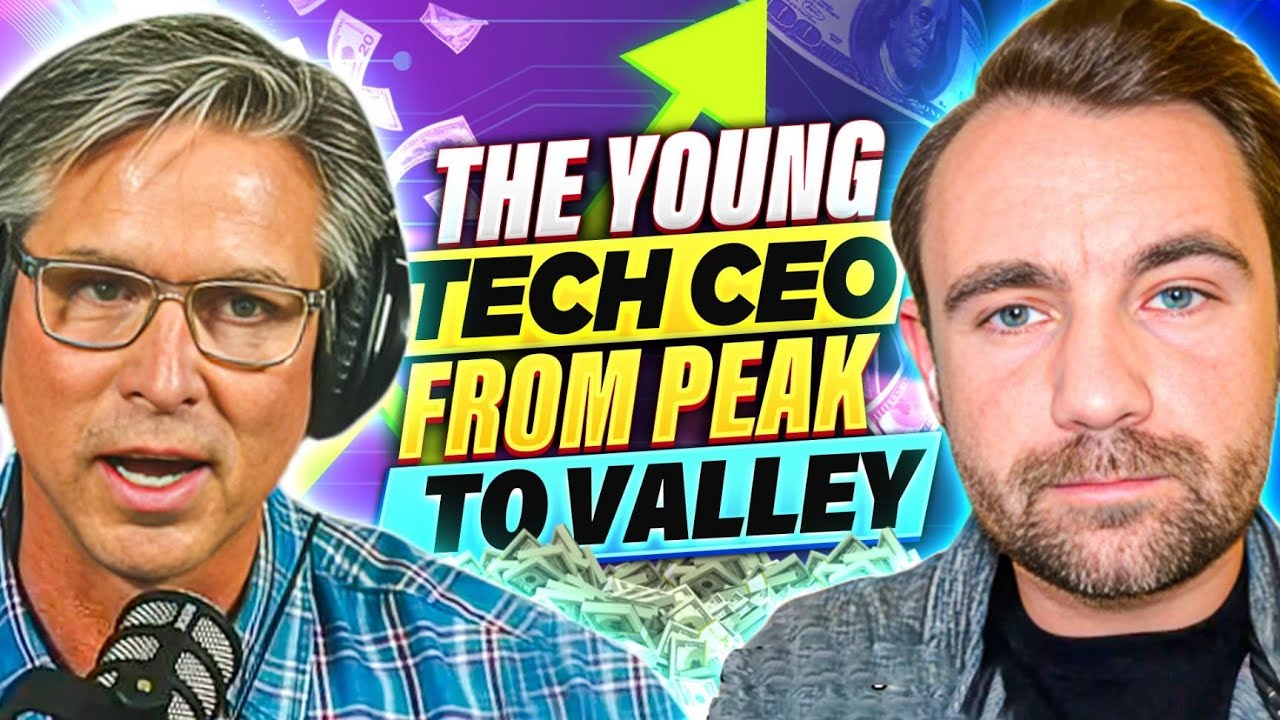I remember sitting across from Drew Chapin, feeling the weight of his story. He recalled a moment in his childhood in Alabama, a place where fear loomed large and silence was a common language. He described watching the Ku Klux Klan march through his neighborhood, a sight that left an indelible mark on his young heart. The fear that gripped him as a child was palpable, and it shaped much of who he would become.
Drew’s early years were spent navigating the complexities of living in a black family that was deeply rooted in a community rife with tension and secrecy. As he shared these memories, I could see the flicker of vulnerability in his eyes. Drew moved to Connecticut at just 10 and a half years old, hoping for a fresh start. But the struggles of his youth followed him, manifesting in ways that would take years to unravel.
He found himself caught in a cycle of addiction that spanned over a decade, a time marked by incarceration and the harsh realities of life on the streets. It was a dark chapter, filled with moments that many would rather forget. But for Drew, these experiences became the foundation of his understanding of pain and the need for connection. Drew’s journey through addiction took him in and out of jail, where he faced the stigma that often accompanies being a former inmate.
He spoke candidly about the difficulties of reentering society, where the shadows of his past loomed large. But it was during this time that he began to realize the power of sharing his story. As he navigated his recovery, he discovered that vulnerability could be a strength. He learned that by opening up, he could connect with others who were grappling with their own demons.
This realization led him to a pivotal moment in his life. Drew became the Chief Recovery Officer at Liberation Programs, where he now dedicates his time to helping others find their way out of darkness. He reflected on the importance of sharing personal stories, emphasizing that no one should feel alone in their struggles. “It’s crucial to understand that we are not defined by our past,” he said, a statement that resonates deeply in the recovery community. It was through this role that he celebrated his 33rd anniversary of recovery, a milestone that marked not just his personal triumph but also his commitment to supporting others on their paths.
As Drew spoke, I was struck by the clarity of his purpose. He isn’t just a figurehead in the recovery movement; he embodies the essence of hope and change. His journey has been anything but linear, filled with setbacks and revelations, yet it has all led him to a place where he can make a significant impact. He understands better than most the complexities of addiction and the road to recovery, and he uses that understanding to advocate for those who feel lost.
Reflecting on Drew’s story, I am reminded of the power of community and the importance of sharing our experiences. It takes courage to step into the light after living in shadow, but Drew’s journey illustrates that it is possible. He is living proof that our past does not have to dictate our future. By embracing vulnerability, he has created a space for others to do the same.
This is a message we all need to hear, especially in times when the world can feel isolating and overwhelming. In closing, Drew Chapin’s journey is a powerful reminder that recovery is not just about overcoming addiction, it is about building connections, sharing stories, and helping one another rise. His work continues to inspire those who find themselves in similar situations, showing that while the path may be fraught with challenges, there is always a way forward.

